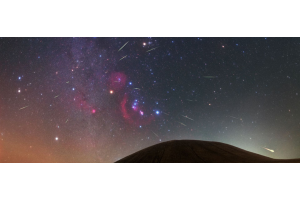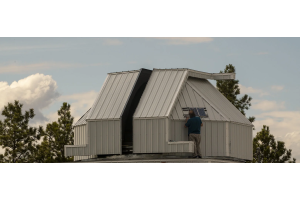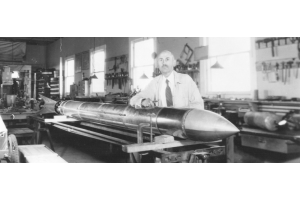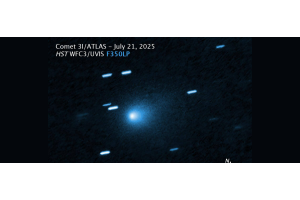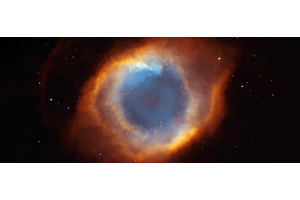
Observatories are home to some of the biggest and most impressive telescopes in the world. As many amateur astronomers know, there are numerous ways to experience the night sky beyond looking through a telescope in your own backyard. North Carolina has impressive observatories that offer a wide variety of star parties, tours, and observatory programs that will expand your knowledge of astronomy and your love of the night sky, whether you are new to astronomy or have been in the hobby for years.
For your convenience, we have compiled an alphabetical list of observatories in North Carolina that offer programs for the public.
Disclaimer: This information was collected from the observatories’ websites in September 2024. Some information may be subject to change if the websites are updated. If interested in visiting one of the listed observatories, please contact the observatory for the latest information before you visit.
Dark Sky Observatory
Established in 1981, Appalachian State University's Dark Sky Observatory (DSO) is the research facility used by faculty and their students to conduct observational research in astrophysics. It is equipped with four telescopes, each used regularly for CCD imaging and photometry, with spectrographic instrumentation also used at the 32-inch.
Telescope
The featured telescopes at this observatory are 6, 14, 18 and 32 inches in size.
Visiting
This observatory holds scheduled public events with tickets sold online. Visit their website to learn more about the latest events.

Image Credit: Appalachian State University
Lucille Miller Observatory
Lucile Miller Observatory is an astronomical observatory owned by Catawba County Schools and operated by the Catawba Valley Astronomy Club. It is located on the campus of Maiden Middle School in Maiden, North Carolina, which is the former location of Maiden High School.
Telescopes
This observatory boasts the fourth largest amateur telescope in North Carolina, in addition to other technology.
Visiting
The observatory offers free public observing events on the first and third Friday of each month from 8pm to 10pm. They also host free seasonal observing events, more information about these events can be found here.

Image Credit: The Catawba Valley Astronomy Club
Pisgah Astronomical Research Institute
PARI offers a state-of-the-art research building with optical and radio telescopes, various earth science instruments and the Astronomical Photographic Data Archive. PARI is used by thousands of researchers, educators and students who have benefited from our programs. Outside, the campus is dotted with four massive radio telescopes, including “Smiley” (a visitor favorite) and has become special attractions of travelers to the region.
Telescopes
This observatory houses a variety of educational and research-grade radio and optical telescopes, as well as various other space and science instruments, available for use by researchers, educators, students, and the general public. They feature a 15m, 12.2m, and 26m radio telescope along with a DFM – 16″ Classical Cassegrain Telescope and other Telescopes – 8″ – 25″.
Visiting
This observatory holds many events open to the public, such as guided tours, school trips, weekend visits, and conferences. Check their website for more information and a calendar of events.

Image Credit: Tim Reaves
Three College Observatory
The Three College Observatory, located at a dark-sky location in central North Carolina, opened in 1981 and is used for astronomical research, instruction of North Carolina college students, and sky observing by interested persons in the community.
Telescopes
The Observatory features a 32-inch reflecting telescope, one of the largest in the southeastern United States.
Visiting
This observatory holds scheduled Public Nights. The schedule for these events can be found on the website and tickets should be purchased ahead of time to ensure you do not miss out. Observing will begin shortly after sunset at the announced time and continue for approximately 60 – 90 minutes. Special arrangements for groups larger than about eight people may be made by sending an email to [email protected].

Image Credit: The University of North Carolina at Greensboro






